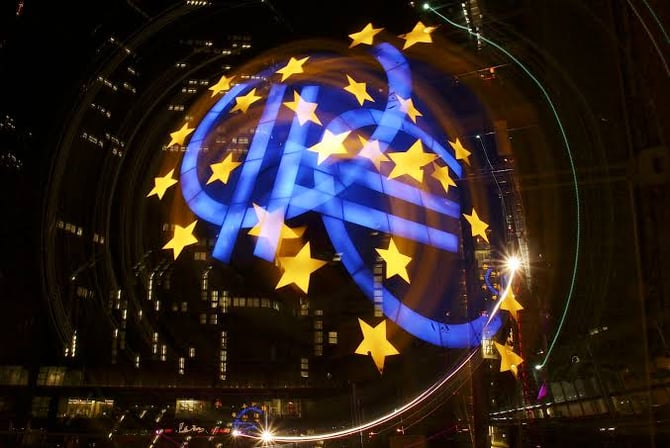Weak Economic Data in Europe Sends Warning Signs

European business activity witnessed a downturn in August, plunging to its weakest since November 2020, according to the data released Wednesday.
The flash composite Purchasing Managers’ Index (PMI) for the euro zone took a dip, coming in at 47.0 in August, down from 48.6 the previous month. This failed to meet the forecasted figure of 48.8 set by economists.
Typically, a PMI reading over 50 indicates business growth, while a score below 50 signals a decline. Ignoring the months affected by the pandemic, the recent PMI marks the most dismal number since April 2013.
The downturn in the euro zone's service sector, drawing parallels with the lackluster performance of its manufacturing domain, is sounding alarm bells among market analysts.
A deeper dive reveals that the services sector has hit a 30-month low, registering at 48.3. On the other hand, manufacturing PMI shows a modest climb, moving from 42.7 in July to 43.7 in August.
Economists predict a 0.2% contraction for the euro zone's economy in the upcoming third quarter. This comes after a 0.3% growth in Q2 and a 0.1% uptick in Q1. This slow pace reflects the strain of surging interest and energy rates, combined with weak external demand.
What does this mean for me?
These latest economic revelations steer conversations toward the European Central Bank's (ECB) potential steps in its impending meeting.
In the ECB's July assembly, its President, Christine Lagarde, said that the next interest rate decision would be based on incoming data. Analysts are leaning toward the central bank holding the current rate steady at 3.75% next month.
More News
.webp)
Canada Shields Steel and Lumber Industries From Tariffs
6 hours ago

Trump Drops Selected Tariffs in Response to Inflation Pressures
2 days ago

Tariffs on Mexico Test Nuevo Leon’s Industrial Momentum
6 days ago

US Moves to Ease Latin American Tariffs as Food Inflation Mounts
1 week ago

Japan Faces First GDP Shrinkage in Six Quarters as Tariffs Bite
1 week ago

India’s Inflation Dip Strengthens Case for RBI Easing
2 weeks ago

Europe Rallies as Shutdown Eases, Earnings Impress
2 weeks ago

Germany’s Trade Surplus Slides as Imports Outpace Exports
2 weeks ago